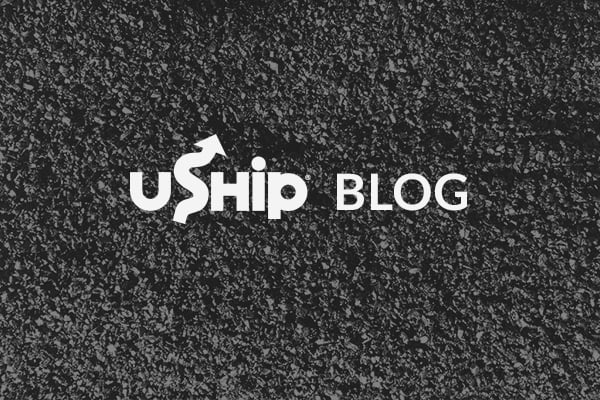By Stacey Higginbotham, March 4, 2010
Six years ago I attended a business plan competition where I watched a couple of guys explain how they wanted to streamline the process of shipping bulky items across the country by linking folks up via the Internet. The social web was starting to heat up, but I liked how these guys and their company, uShip, were trying to take the web and use it to bring people together, not to swap songs or photos but to take advantage of empty space in moving vans. uShip will hold a panel at the upcoming South by Southwest conference explaining how to build a profitable business, so in the meantime, I decided to check in with the company to see what the founders have learned.
uShip, which provides a matching service that connects people who want to send things across the country and those who happen to have space in their vehicles as they drive across country (and also offers an alternate revenue stream for professional shippers) is now profitable, thanks to commissions the company takes when it matches shippers and shippees. The Austin, Texas-based company brought in between $5 million and $7 million in sales during 2009, double that of the previous year.
uShip has raised $7 million in outside capital from Benchmark and DAG Ventures, and has helped broker more than $140 million in shipping contracts — with about 85 percent of those occurring during the last two years. Last week, it received its 1 millionth listing on the site. So I asked founder and CEO Matt Chasen for a few lessons he learned as part of building uShip and he offered up via email the following tidbits:
- Know Thy Revenue Streams. “Focus on proving out how you will make money. It is critically important to build a unit economic model that shows how much it costs to acquire a customer and the metrics around how much you can earn per customer.”
- Avoid PPC Addiction. “Don’t be overly reliant on paid search marketing. It’s okay to use search engine marketing to seed a business, but have plans in place for how you will grow the business with search engine optimization, word-of-mouth and other free channels.”
- Minimum Viable Product. “For internet-based businesses, don’t wait until your product is “perfect” before launching, because you will likely just end up changing it. I’m a big fan of the Minimum Viable Product (MVP) concept – build and launch only the bare minimum that is necessary to get customer feedback and data. Sometimes this may even only be a landing page describing your product and value proposition – with AdWords you can inexpensively test entire business models and start understanding your customer acquisition cost before you even start building your product.”
- Stay Lean. “Continually revisit your budgets, assumptions and strategy. Focus on niche markets that are big enough to build a profitable businesses – but that also have very large adjacent opportunities.”

